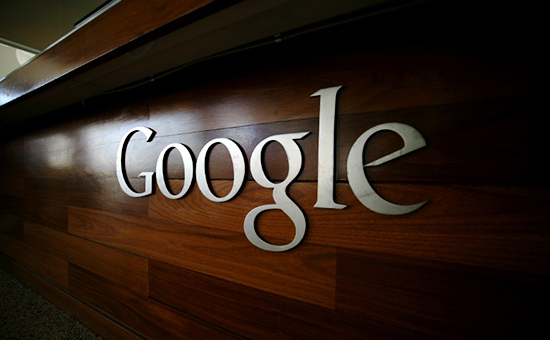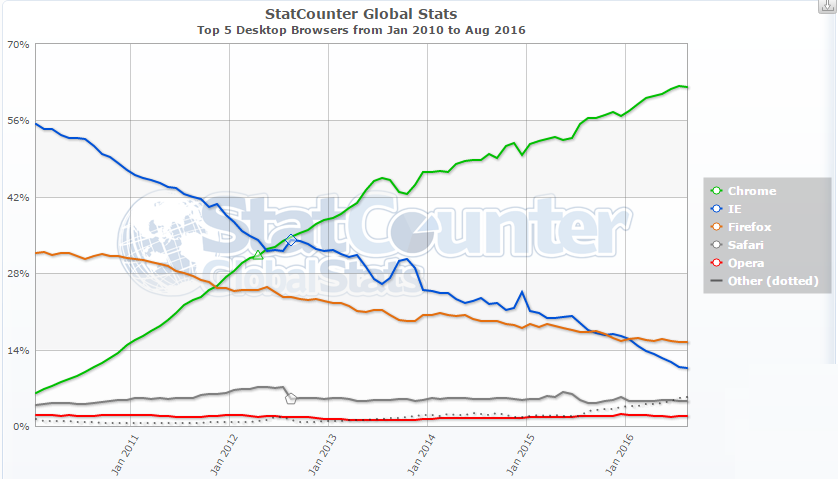Will FAS wait for its “high point” in a lawsuit against Google

Google is obliged to pay a fine for violating antitrust laws in the amount of 438 million rubles. This decision was made on August 17 by the Ninth Arbitration Court of Appeal, which denied her an appeal against the decision of the Federal Antimonopoly Service (FAS) in the case of restricting competition in the mobile software market. The amount of the fine does not scare Google, but now the company must review the terms of contracts that prohibit smartphone manufacturers from installing applications of competitors.
On Tuesday, August 16, the FAS reported that the parties tried again, but could not reach a settlement agreement on this issue.
')
After the court ruled, Google must comply with FAS within 8 days. Otherwise, the company faces another administrative penalty. As reported by the representative of the FAS Anna Orlova, the amount of the fine will be 300-500 thousand rubles.
In September 2015, FAS recognized Google as the violator of the competition law. The court agreed that the company is abusing the dominant position in the Russian market of pre-installed Android OS applications. Even then, the offender had to adjust his business in Russia. But the American company filed an appeal.
Initially, the antitrust case was initiated on the initiative of Yandex. The reason for applying "Yandex" to the court was the termination of contracts for pre-installation of the company's applications from a number of vendors unilaterally. The latter argued that the main reason for not working with “Yandex” was Google’s contractual restrictions on the pre-installation of competitors' software.
On March 14, 2016, the validity of the FAS decision was confirmed by the Moscow Arbitration Court. After that, Google again filed an appeal.
On August 11, the FAS announced that the fine for Google would be 438 million rubles. It was reported that the agency continues negotiations with the company on the settlement agreement.
In early June, a representative of Yandex noted in a conversation with RBC that the main goal for the company is to “restore the competitive situation in the market and eliminate the consequences of the violations established by the FAS and confirmed by the court.” If Google voluntarily fulfills the key requirements of the main decision of the FAS as a result of the conclusion of a settlement agreement, the company will also be satisfied with this, the representative of Yandex explained.
Google said that they will familiarize themselves with the decision of the Federal Anti-Monopoly Service, and after that they will determine their further actions.

Photo: Kimihiro Hoshino / AFP
To restore justice
The current court decision stipulates that Google is obliged to comply with the FAS order and send to all users of Android phones a message stating that they can switch to competitors' applications. Up to this point, Google has not encountered such prescriptions anywhere in the world.
This means that the company should display this message on the screen of each owner of Google Android devices. After that, users will understand (or find out) that the pre-installed Google applications can be “deactivated”, and Google search and other company services can be changed to alternative developer applications. In addition, Google should exclude "anti-competitive requirements" from agreements with electronics manufacturers.
Whether Google intends to send an appropriate message to Android users is not yet known. If this happens, the changes will affect a significant part of Russian users.

What are the chances of Google getting out of the water in this “stalemate” situation?
The decision of the appellate court comes into force from the date of its adoption However, it can be appealed to the cassation instance within two months. The standard term for consideration of the case in cassation is two months from the date the case is submitted to the court.
The cassation instance can leave the decision in force, change it or cancel it and send the case for a new consideration or make a new decision. Cancellation of the appeal decision and the adoption of a new decision on the case or its return to a new consideration often happens in practice. Therefore, consideration of the application of Google in the appeal does not indicate the completion of the case.
Effects
If the litigation ends, the joy of the FAS will have no end. First, the fine imposed by Google, is the largest in the "career" of FAS. Secondly, this court decision can significantly change the balance of power in the Russian market.
The decision on the fine will not make much difference for Yandex and for the Russian market as a whole, experts say . “A fine will not be the determining factor for Google in the matter of whether to execute a FAS decision or not,” says Sergey Libin, an analyst at Raiffeisenbank. - This is 2% of the revenue of the Russian division, for the company it is a penny. Rather, the argument will be the final decision of the court on the suit of “Yandex”.
“I don’t think that because of this fine, something will change on the Russian market,” said RAEC chief analyst Karen Ghazaryan. - “Yandex” has already started negotiations on pre-installing its search with several companies, but it is clear that no one will do this for free. Nobody plans to oblige smartphone manufacturers to install all possible search engines. ”
Some manufacturers of smartphones still believe that the FAS decision will reduce the pressure of Google on market participants. “When“ Yandex ”filed a lawsuit against Google and FAS started the proceedings, Google stopped putting pressure on manufacturers to sign the MADA contract. A couple of months ago, the pressure was resumed, but now, apparently, it will calm down again, ”a source in the management of one of the smartphone manufacturers told RBC.
In July 2016, the general director of Yandex in Russia, Alexander Shulgin, announcing the company's results for the second quarter, said that the company had managed to conclude new distribution agreements for its applications with mobile device manufacturers after the FAS decision. As a result of these agreements, the share of the Russian company in search on mobile devices with the Android operating system began to grow at the end of June, Shulgin noted.
World practice
In world practice, such decisions were made and were executed only once. In the spring of 2010, the EU authorities ordered Microsoft to inform all users of EU countries about the possibility of changing the browser. After that, the share of the IE desktop browser began to fall rapidly. One of the reasons is considered this court decision, although the browser began to lose popularity much earlier.

StatCounter data from January 2010 to August 2016, Desktop
Source: https://habr.com/ru/post/308274/
All Articles